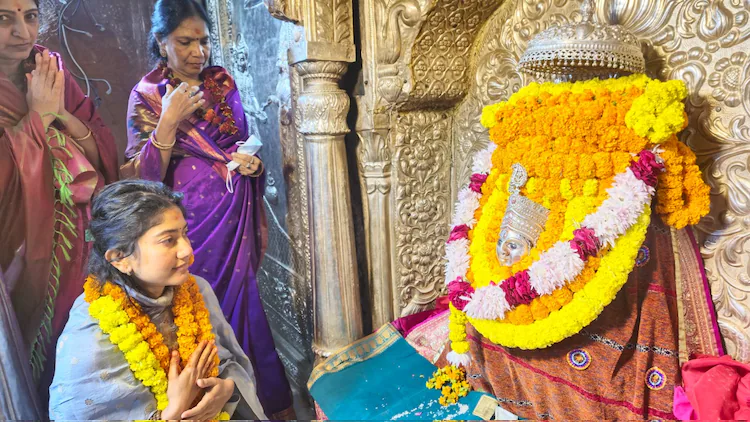At a United Nations Security Council meeting on Friday focused on “Women, Peace, and Security,” India condemned Pakistan for what it called “mischievous provocation” and “political propaganda.” India’s Permanent Representative to the UN, Ambassador P. Harish, firmly countered Pakistan’s attempt to bring up the Kashmir issue, calling it inappropriate for the agenda. Harish criticized Pakistan’s record on minority women’s rights, pointing out the difficult conditions faced by Hindu, Sikh, and Christian women in Pakistan.
India’s Response
In a direct response to Pakistan’s remarks, Ambassador Harish emphasized that Pakistan’s stance on Kashmir was an unwelcome digression at a meeting dedicated to the security and empowerment of women. He added, “The deplorable condition of women belonging to minority communities in Pakistan, including Hindus, Sikhs, and Christians, is well-documented.” Citing data from Pakistan’s Human Rights Commission, Harish noted that around a thousand minority women face abductions, forced conversions, and marriages every year in Pakistan.
Delivered India’s Statement at the UNSC Open Debate on Women Building Peace in a Changing Environment. Thank Switzerland for convening the meeting.
See my remarks to know more about significant strides made by India for implementing the same. pic.twitter.com/o2BZ6Q895t
— Parvathaneni Harish (@AmbHarishP) October 25, 2024
India’s Commitment to Women, Peace, and Security (WPS)
During his address, Harish reiterated India’s dedication to the WPS agenda, emphasizing that true peace is only sustainable when women participate meaningfully at every level—from political leadership to economic recovery. “Women’s inclusion in politics, security, and economic planning is essential for lasting peace,” he said.
Harish highlighted India’s proactive role in promoting gender equality within UN peacekeeping missions. India, as the fifth-largest troop contributor, deployed the UN’s first all-female Formed Police Unit to Liberia in 2007, a groundbreaking move that received global recognition. This unit not only improved local security but also served as an inspiring model for women in conflict areas.
Digital Empowerment and Future Goals
In his address, Harish underscored India’s efforts to bridge gender divides through technology. India has employed digital tools to boost women’s financial inclusion, particularly in rural regions, enhancing access to resources and fostering empowerment. He urged the international community to tackle emerging challenges such as cyber threats and misinformation, emphasizing that responsible digital inclusion is vital for promoting women’s safety and participation globally.
India’s contribution to peacekeeping and its drive for women’s empowerment reflect the nation’s commitment to the goals of the Women, Peace, and Security agenda.
Also Read: Do You Know Which President Ended Slavery In U.S ?
















